Edinburgh Napier University, Craiglockhart Campus
27 & 28 June 2019
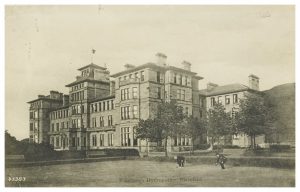
In the wake of the centenary of the First World War, The First World War Network seeks to build upon the success of its inaugural event at IWM North in February 2016 by reflecting upon the first century of First World War history, celebrating current, pioneering research into all areas of the conflict, and producing an ambitious, transnational framework for the future direction of scholarship on the twentieth century’s first global conflagration.
The organisers welcome contributions that examine the local, regional, national, and international dimensions of First World War history, that provide diverse and interdisciplinary approaches to the study of the conflict, and/or that emphasise the war’s multiple legacies and impacts. We aim to bring together the latest in academic scholarship with participation from heritage agencies, libraries, museums, archives, community groups, individual researchers and all those with a shared desire to sustain interest in furthering knowledge and understanding of this seminal event. Alongside a range of traditional presentations, the conference will include poster presentations and roundtable discussions on the future of First World War studies with participants drawn from across the academic and public sphere.
Abstracts for individual twenty-minute papers, panels of three connected papers, and posters which focus upon any aspect of the past and present of First World War studies are invited. Suggested themes may include, but are not limited to:
| ● The conduct of the war
● The politics of the war ● Commemoration/remembrance ● Community projects ● Forgotten theatres ● Wounding and its aftermath ● The centenary ● Cultural responses to the war ● Uses of the war ● Historiographical trends |
● Gendered aspects of warfare
● Local, regional, national or international responses ● Dominant discourses ● Myth and memory ● Understanding/coping with death ● Peace making ● Silence ● Learning from the war |
The working language of the conference will be English. Abstracts of 250 words should be accompanied by your name, institutional/organisational affiliation (if any), and a biographical statement of up to 100 words. Submissions for complete panels should also include a statement of up to 250 words outlining the relationship between the individual papers. A ‘flash presentation’ session will take place during the conference, in which poster displayers can introduce and discuss the research behind their displays.
We wish to encourage submissions from academics, students, institutions, organisations, independent researchers, and community groups. In line with our mission to encourage and support postgraduate students and early career researchers, a number of bursaries will be available to individuals who fall into this category to assist their attendance at the conference. In addition, the First World War Network will be coordinating opportunities for postgraduate students and early career researchers who participate in the conference to engage in a peer mentoring scheme. Please indicate upon your submission if you wish to be considered for a bursary and/or the peer mentoring scheme.
All submissions and enquiries should be sent by email to: fwwnetwork@gmail.com
The deadline for submissions will be: 14 December 2018
The organising committee aim to notify all applicants of their decision by 1 February 2019.
The Venue
Located to the south-west of the Scottish capital, the Craiglockhart campus of Edinburgh Napier University possesses a famous link to the First World War. The campus, commandeered for use as a military hospital for the treatment of shell-shocked officers, provided both the location for the first meeting between the poets Siegfried Sassoon and Wilfred Owen and the site upon which Dr William H. Rivers made significant advances in psychiatric treatment. The campus is now home to the War Poets Collection, a tribute to Sassoon, Owen, and their contemporaries whose words have provided a significant and lasting effect upon the public memory of the conflict.
A permanent exhibition allows visitors to view the collection, and gain an insight into the personal and social experiences of war through the words, memories, voices and objects that the officers, medical staff and relatives of those associated with Craiglockhart Military Hospital left behind.
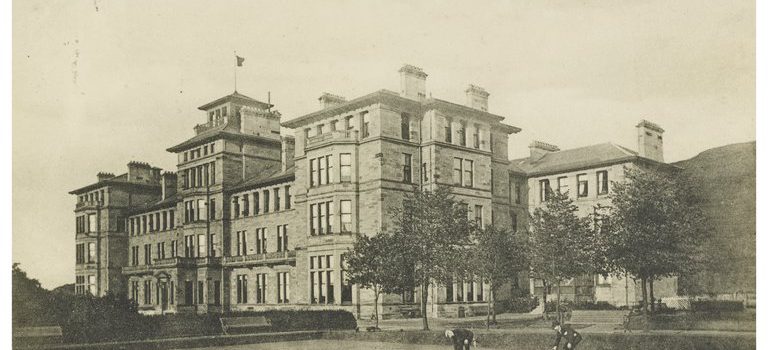
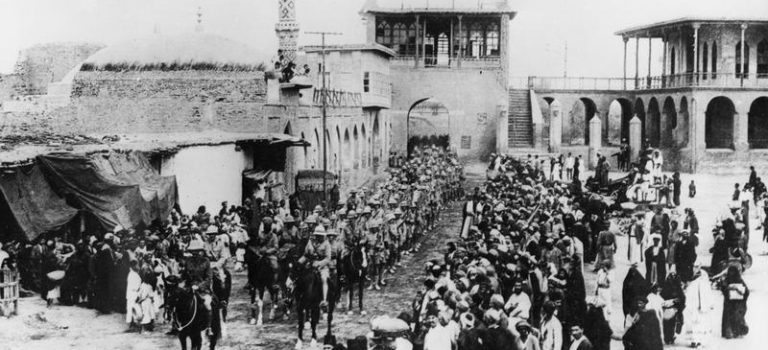
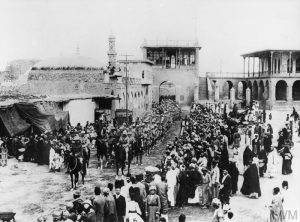
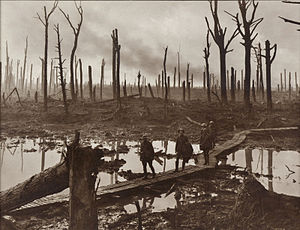
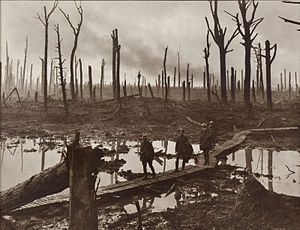 The Passchendaele campaign, fought in the Flanders mud, provides many of the most enduring images of the Western Front. It also remains one of the most controversial battles of the War. At this public conference, the continuing reinterpretation of the battle will be discussed as we approach the 100th anniversary of the ‘Battle of Mud’. The academic controversies concerning the Passchendaele campaign have often reflected differing viewpoints on British identity and the extent to which the War exemplified British values. The conference will explore how the War impacted on Britain’s communities and the impact it has had on the evolution of a shared identity. It will examine the various ways in which Britain has marked the First World War centenary, examining the social, cultural and political influences that have shaped the commemorations. As the Silk Mill Museum hosts the Weeping Window, from the installation ‘Blood Swept Lands and Seas of Red’ by Paul Cummins, the Conference at Derby University provides an opportunity to discuss what impact the centenary events have had on public knowledge and understanding of the Great War.
The Passchendaele campaign, fought in the Flanders mud, provides many of the most enduring images of the Western Front. It also remains one of the most controversial battles of the War. At this public conference, the continuing reinterpretation of the battle will be discussed as we approach the 100th anniversary of the ‘Battle of Mud’. The academic controversies concerning the Passchendaele campaign have often reflected differing viewpoints on British identity and the extent to which the War exemplified British values. The conference will explore how the War impacted on Britain’s communities and the impact it has had on the evolution of a shared identity. It will examine the various ways in which Britain has marked the First World War centenary, examining the social, cultural and political influences that have shaped the commemorations. As the Silk Mill Museum hosts the Weeping Window, from the installation ‘Blood Swept Lands and Seas of Red’ by Paul Cummins, the Conference at Derby University provides an opportunity to discuss what impact the centenary events have had on public knowledge and understanding of the Great War.